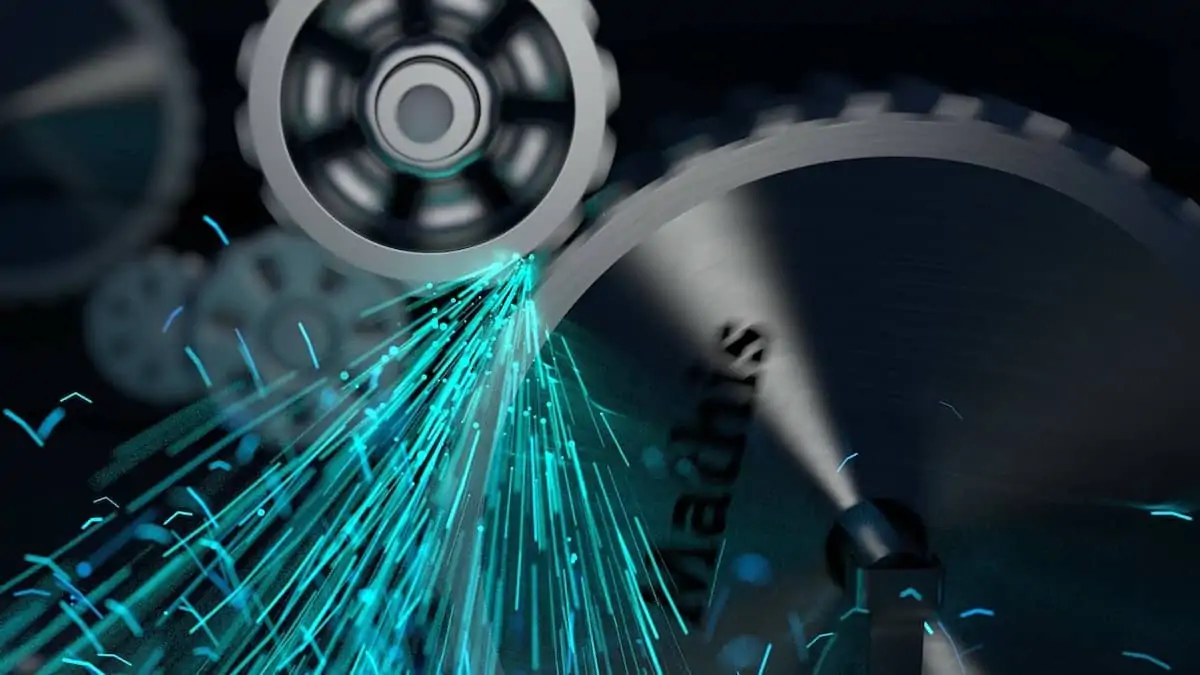Industrial efficiency is defined as a manufacturer’s ability to produce a product at the lowest possible cost that will allow them to make a profit. To calculate the industrial process efficiencies, the cost of production per unit must be compared to the unit output of that product. Ideally, industrial processes should have a lower cost per unit of output to be deemed efficient in any manufacturing plant.
Efficiency can also be improved by limiting the number of wasted resources that are used to produce a specific product.
Read on to understand how industrial processes can be made more efficient.
Invest in Energy Recovery
Each time a product is produced, there is likely a small amount of energy and heat that has been lost during the process. This can be excess steam emitted from a generator or turbine engine that is not being utilized efficiently.
Investing in a heat recovery system generator (HRSG) allows for wasted gas to be used in a process called cogeneration, whereby the heat from the combustion turbine is recovered as a form of steam and then reallocated to the main power source for extra energy. This technology of cogeneration with heat is how HRSGs improve industrial efficiency.
Quantify all Processes
All industrial processes have some form of monetary or point value attached that determines how much a piece of machinery, for example, costs to run and operate. Every single process should be quantified with a value that is easily understood, and assigning a dollar value is usually the best way.
There are also hidden costs in any industrial process such as wear and tear on old machines or man-hours. By allocating a monetary figure to everything in the manufacturing process, it becomes much easier to identify the areas that need improvement.
Cellular Manufacturing
Industrial efficiency can be improved by amalgamating similar processes within manufacturing, instead of dividing machines and employees into additional smaller groups. In some cases, having a machine or employee focus on one task at a time can slow down the overall process, leading to decreased effectiveness.
Cellular manufacturing is when you consider the entire production process as a series of independent processes, which allows you to focus on reducing waste. This industrial process makes quantifying each process more straightforward.
Upgrade Production Line
The technology used in industrial processes needs to be continuously maintained and updated. This means that older machinery should get a new lease on life with a repair plan or you may need to invest in entirely new equipment. Old components don’t work as fast, and eventually, you will pay more to keep that machine running.
Slower machines decrease industrial efficiency because it reduces every other process, such as computers with booting issues that take 15 minutes to start up. This is 15 minutes that the production line is losing out on to produce a product that earns a profit.
Industrial process efficiencies are beneficial to any company, and it doesn’t matter whether your business is manufacturing or service-oriented, manufacturing more effectively can help save costs, and increase throughput. These general advantages lead to extra benefits later on, such as increased profits and higher-quality products.


